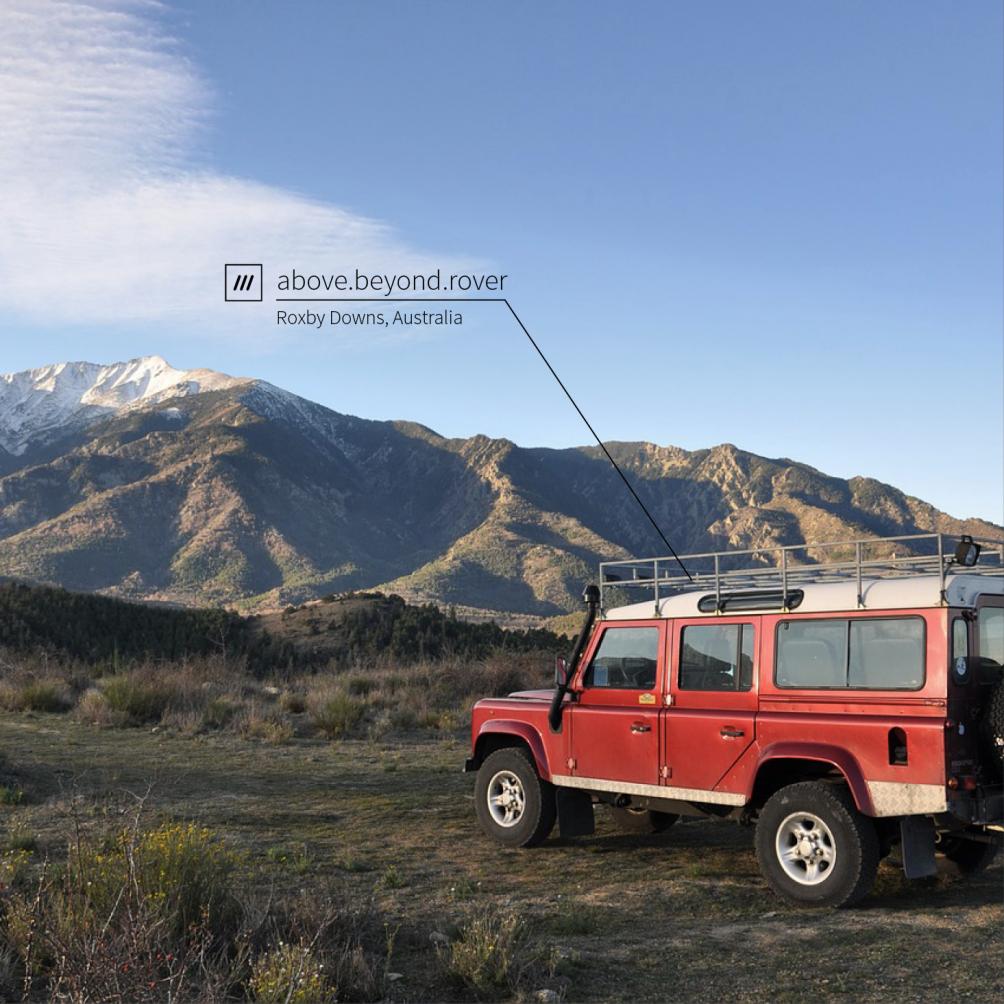The death of the farmer?
4th January 2018 by OFC Press Team

An inspiring session on how the digital is connecting and revolutionising the world captured the Oxford Farming Conference audience this morning. Smart agriculture has been a core topic of conversation throughout the conference, and the potential it has to transform agriculture and farming. Three digital innovators, who are each making a difference to farming in various ways, spoke about their technology and what it is doing for farmers around the world.
Amy Barthrope from WeFarm explained how their simple SMS system had allowed farmers across Africa to connect and seek advice on pests that might have arrived overnight, or ask others about routes to market for a product. A short SMS opens the question to a huge network of farmers around the world with answers returning in minutes, without the farmer leaving their farm or needing super fast broadband. It allows a previously alienated swathe of farmers to connect and share information and make the most of their opportunities.
Improving efficiency and effectiveness on a worldwide level as well, explained Amy, “it also allows international institutions and organisations to better allocate resources.”
Chris Sheldrick of What3Words, spoke about the w3w app that finds the most obscure addresses in the world by using three words to locate it - be it a shanty shack or Pizza Hut in Ulaanbaatar. The brainchild of a musician and a mathmetician, w3w has divided the world into a grid of 3m x 3m squares, assigning each one a unique three word geo-location tag. It means anyone can accurately find any location, and precisely, in the world and share it more quickly, easily and with less ambiguity than any other system. The technology has now been adopted by the UN and the Red Cross to quickly and accurately find locations for disaster relief, and more recently by drone software, so that drones can be programmed to reach a precise location and take a photograph. Arguably the most accurate location service in the world, this can bring farmers a spare combine part or respond to an accident quickly and accurately, in a remote field away from main farm bulidings.
The final contribution was from Kit Franklin of Harper Adams University, who spoke about HandsFree Hectare, the headline grabbing project which could see crops being grown in the ground without a driver or an agronomist involved. Despite the doubters, who said it was unachievable, Kit said this project has been realised with £200,000 in one year “because we really wanted to do it, and we worked with others who also really wanted it to work. Collaboration has been key.” Does it raise a moral issue of the role, or perhaps the death, of the farmer, asked one of the audience?
